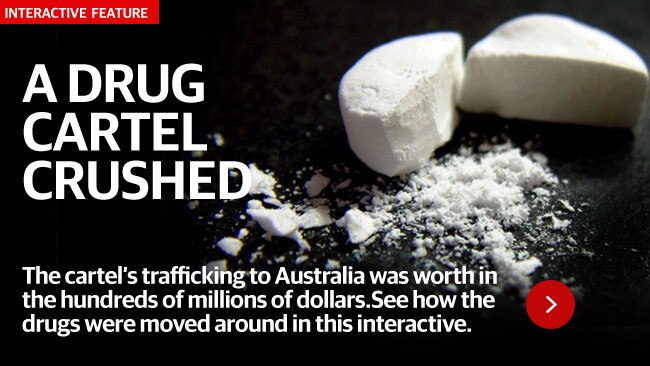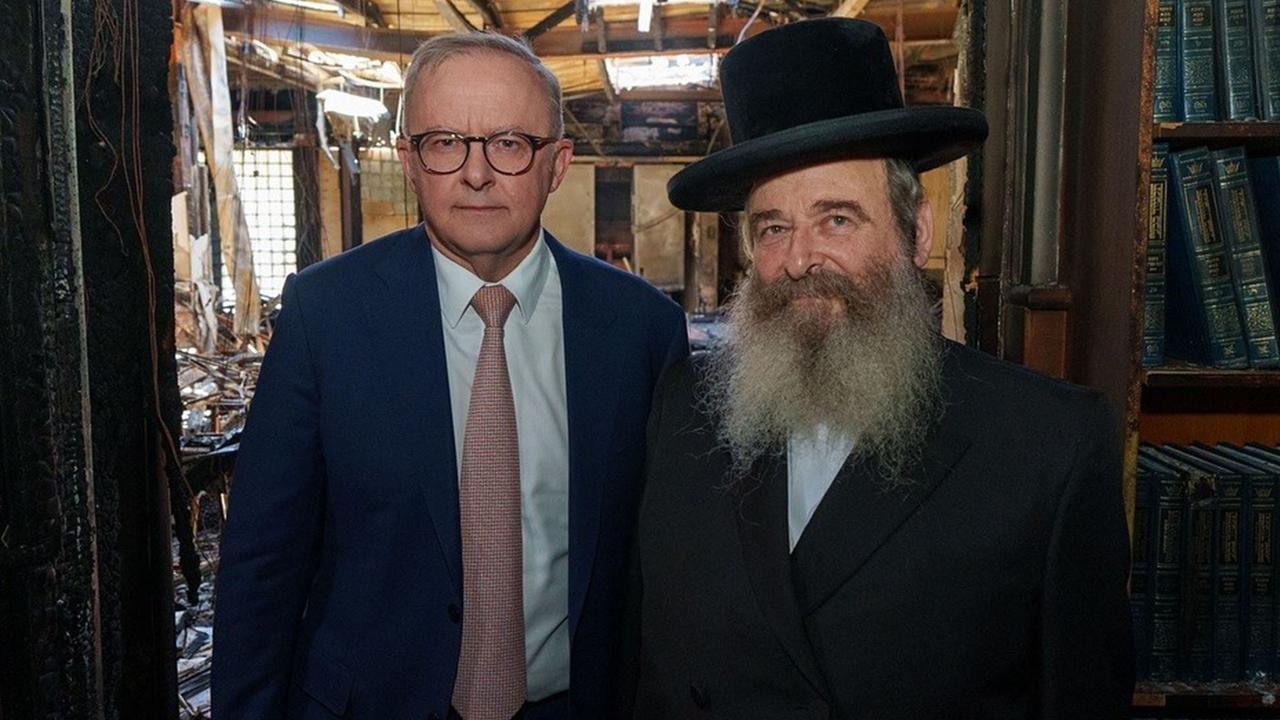How the Australian Federal Police got their man: Ecstasy boss James Kinch
‘YOU got to be clever,’ international ecstasy drug syndicate king-pin James Kinch boasted to his associates. Now he’s behind bars, his story is beginning to be told.

National
Don't miss out on the headlines from National. Followed categories will be added to My News.
- Maccas reveals dark criminal underbelly
- You paid all of drug kingpin’s legal bills
- Nine-year quest to smash drug ring
- Sydney cafe hub of major global drug cartel
THE prisoner in the orange jumpsuit smiled broadly, as he announced he wouldn’t speak but had a message for the Australian police officers that had come to visit him in his prison cell in Bangkok.
Then with an air of theatrics he closed his fist and rolled his curled hand onto his palm to show AFP Commander Glen McEwen and his deputy Sergeant Brett Thompson that message.
Tattooed on his knuckles were four faded inked letters — A.C.A.B.
McEwan smiled back, nodded at the prisoner and the officers made to leave with the message clearly understood.
It was going to be a long haul for everyone.
ACAB, short for “All Cops Are Bastards”, has been the mantra for James Henry Kinch that he felt so strongly about, he had it tattooed on his knuckles sometime after being arrested for a string of crimes in his native UK and Ireland.
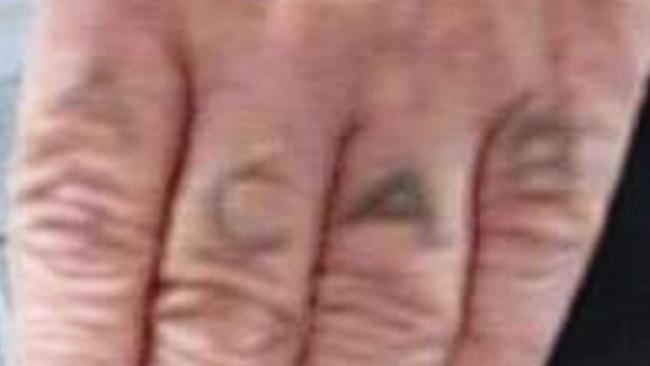
As he was jailed in Sydney, the extent of his bitterness with law enforcement can be exposed for the first time as can the powerful crime cartel of which he was a pivotal member and with his associates has plagued Australia with narcotics and money laundering for more than two decades.
MORE PREMIUM CONTENT
• STANDEN downfall set to be a film
• PEDDLING poison into the country
• How global drug cartel began and ended
SYNDICATE SMASHED
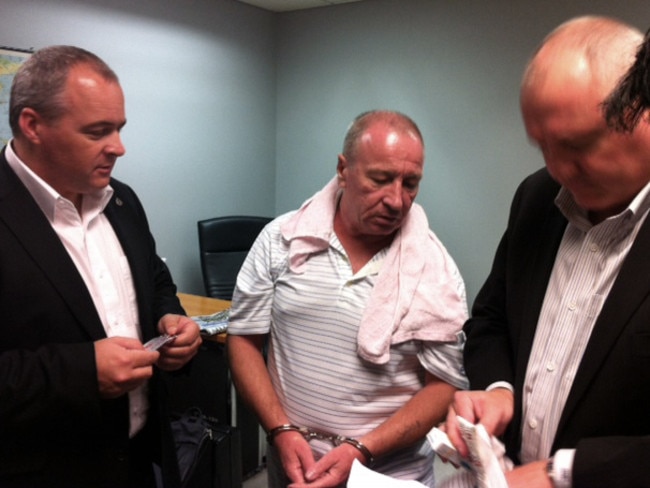
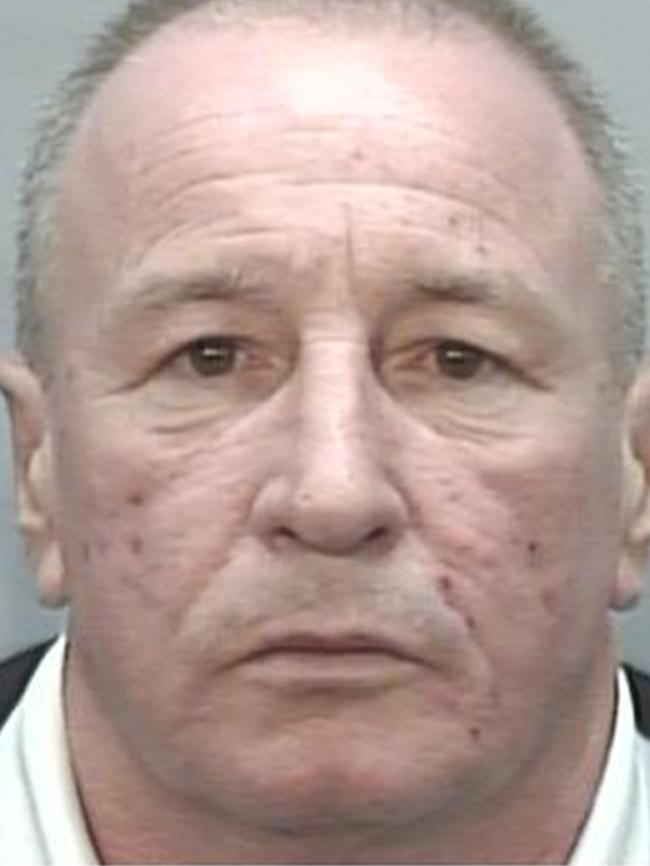
An investigation by News Corp Australia can reveal the Australian Federal Police has now shut down one of the world’s most extensive synthetic drugs syndicates run from secret meeting houses, cafes and casinos in the Netherlands
For the first time we can reveal in Australia the operations were breathtaking in scale involving several tonnes of ecstasy and other drug precursor substances, curiously distributed to buyers from across Australia from a storage garage and the rooftop carpark of a warehouse-style shopping centre in Sydney and money laundering operations in Melbourne and through nightclubs and bars across the country.
At least 14 police forces around the world pursued the cartel with the stranglehold on the global ecstasy market but it would be years before they could identify the principals and their coming together almost by accident, an eclectic bunch of criminals, is something straight out of a Hollywood film noir.
IN THE BEGINNING ...
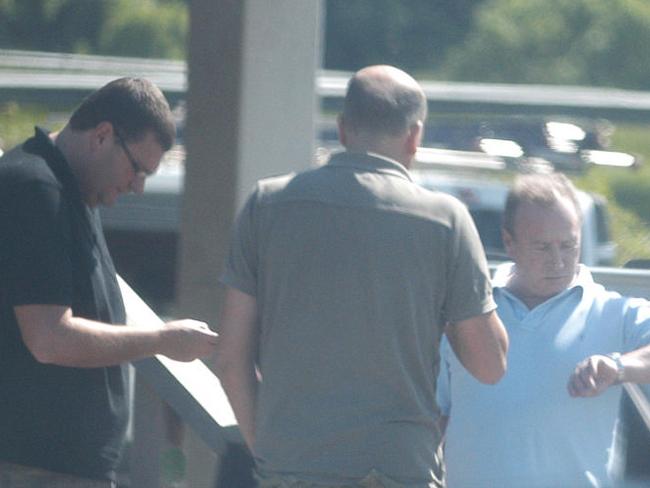
In September 2001 at a cafe in east Amsterdam, Ron Haklander and Peter Dekker convened a meeting with members of their cartel.
The two Dutch drug bosses were very different, Haklander aged in his 40s from Almere in Amsterdam’s east is austere, obese, diabetic and nicknamed ‘The Fat One’ while his associate, is also in his 40s, a chain smoker, bold in leadership and known as ‘The Thin One’ or in Dutch slang ‘Slappe’ for his tall and slender physique.
Both dress impeccably and are part of the circuit of high stakes international poker players.
They had been friends for decades since the 1980s when they were both taxi drivers in Amsterdam, Dekker being a driver owner and Haklander a driver for a privately owned cab.
The pair were inseparable and spent nights at The Fiasco, eating and drinking and gambling with Dekker earning the nickname “Poker Pete” for his ability with the cards.
It was from here the pair first began making deliveries of drugs. It was fairly basic, Dekker’s beeper would go off, he would make a call on the payphone at Fiasco’s and he would make a delivery. The pair also teamed up with two other drivers and also even did an armed robbery of an armoured van in Muidan in the country’s north they had noticed making its run through the shops.
It was all a laugh, a bit of fun and a lot of cash and shouts at the bar for the drivers.
In those early days it was just drugs, a bit of hash or ecstasy, about the Dutch cities but by the time they had decided to move offshore, they had formed a powerful cartel of five principals with three levels of management, each level tasked with just one aspect of the trafficking operation.
Such was the group they had formed, it was compartmentalised to such an extent only the principals knew all the members of the whole group. If one side got caught by police, they were just cut loose and could honestly not tell authorities who the other group members were simply because they didn’t know.
MEN OF MANY NAMES
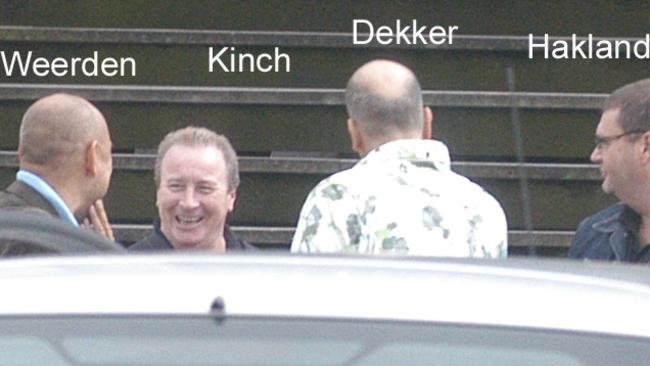
Many of the syndicate just knew others by their codenames such as The Fat One. Police also could only give them tags based on their physical appearance with their profile list looking more like a cast calling for Tarantino’s Reservoir Dogs with police surveillance reports simply only able to record a ‘Mr Suit’, meeting ‘Mr Slim’, along with ‘Mr Blue’ and ‘Mr Grey’ at the such-and-such cafe or carpark.
As AFP Commander McEwen would record in his investigation: “The complexities of the syndicate’s operations through an organised and deliberate maze of compartmentalisation is unique and difficult to attribute knowledge to specific unlawful acts among a large group of participants particularly attribution to the leadership group.”
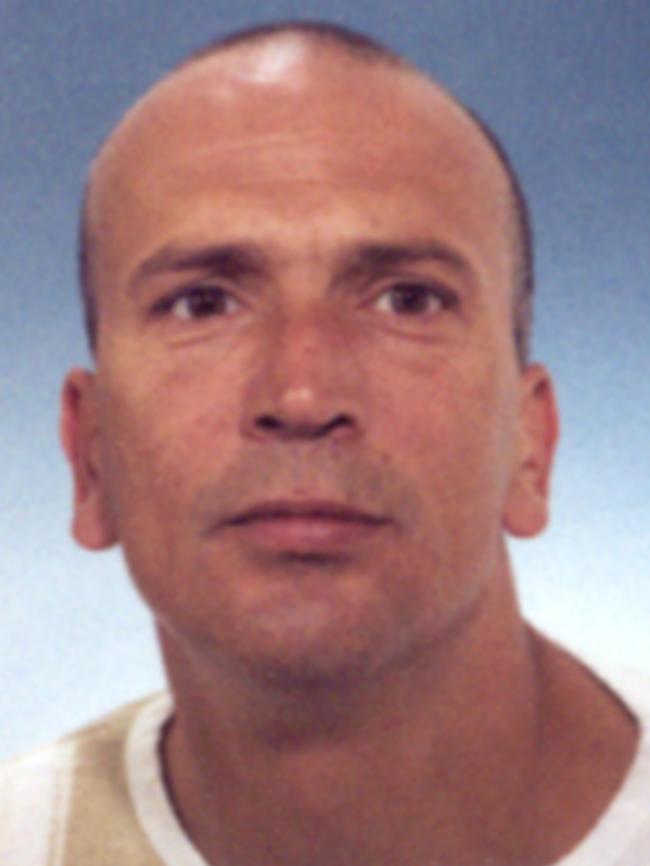
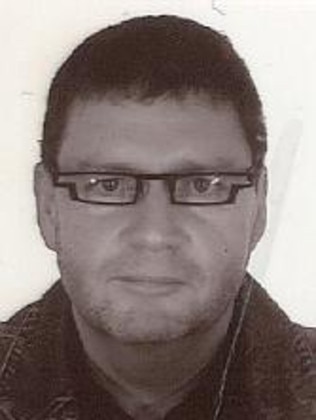
As an added precaution they carried multiple ‘burner’ (disposable) phones, created fake names for each other like Jim, George and James and used a basic number-to-letter code to pass on crucial information. They also opened a Hotmail account to which all principles and their deputies could sign in and communicate but not by sending messages but rather writing drafts which would be read from anywhere then deleted or written over.
They were already a powerful far-reaching global operation by the time Huklander and Dekker together with another crime boss from across the border in Belgium known as ‘Old Joop’, who financed the cartel, and a Czech called Marco called for a meeting in the cafe in 2001. They were trafficking ecstasy, MDMA and PMK oils by the tonne across Europe and the Americas and their eyes were sent on expansion in Australia.
They had Dutch police on their payroll as well as well known sports stars and eventually their highest ranking recruit, the deputy of the NSW Crime Commission, Mark Standen, who would tip them off whatever they needed to know.
AUSTRALIAN AMBITIONS
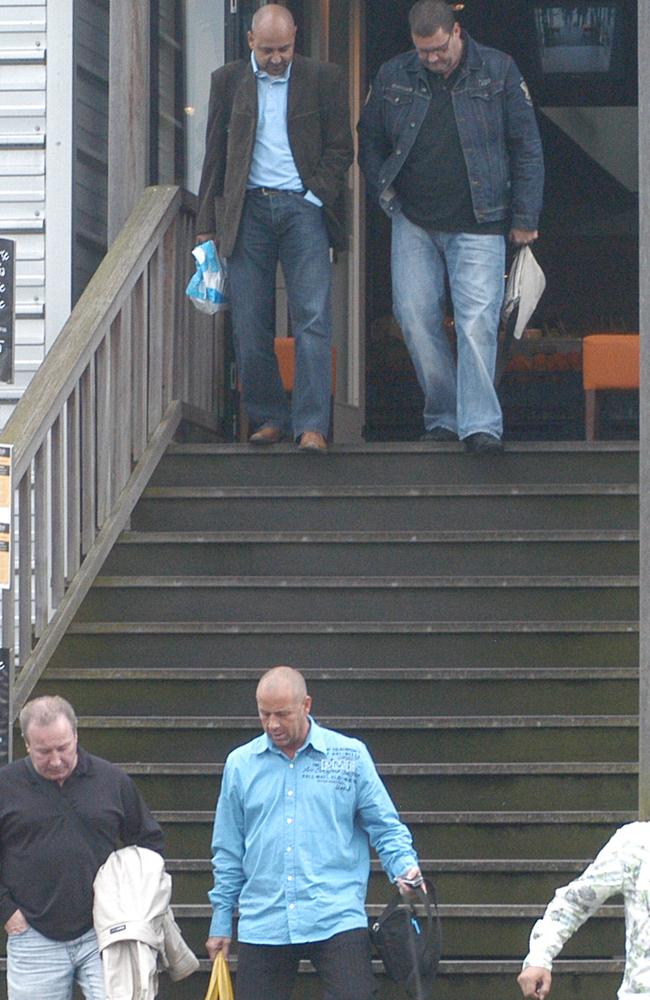
The cartel was already trafficking small parcels of drugs to Australia but such was the market, they wanted to step up operations and ship by the tonne. An ecstasy pill in Holland was worth just a few cents or a euro dollar while in Australia it could fetch anything up to $14.
For the Australian operations they had eight men directly working for them led by James ‘Jimmy’ Kinch, the ‘banker’ of he cartel that would wash the money they made.
The cartel had its own presses running day and night in Holland and even mobile units in the backs of trucks so production was never an issue. The group also trafficked guns about the Netherlands including arming their muscle with Glocks 9mm handguns to protect their drug storage warehouses and presses.
At the cafe table they discussed the significant drug smuggling operations to the United States, predominantly Miami, which were collected by two buyers including members of the Orthodox Jewish community. Several major successful drug runs were made to the US but all agreed it was time for Australia to be awash with their drugs. By the start of January 2002 large-scale operations in Australia had begun.
‘YOU GOT TO BE CLEVER’
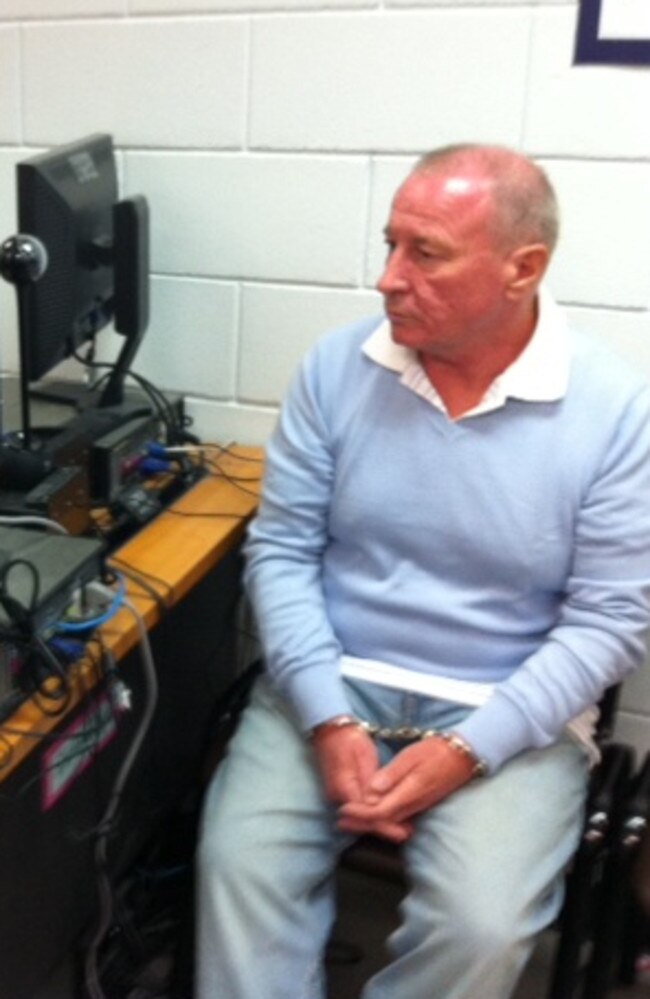
Kinch, who also used the aliases Seamus Kinch, James, McCarthy and Derek Wovenden was a dual Irish-English national whose notoriety as an old-school East London style crim was well known. To many he was just Jimmy, to others Jimmy Knuckles or Jimmy Shortlegs. British police first record his name in dispatches in 1969 when as a 10-year-old he was arrested for stealing. Then he graduated to burglary then armed robbery in Manchester in 1987. He was also suspected for a heist in Brixton in London’s south but he would brag how the “bastard coppers” could never get him for half his crimes.
He would regale to his associates of his exploits including how after one robbery he was fleeing on foot when he came across a 12-year-old boy on the street. The boy was startled as Kinch pushed his fist into the kid’s mouth and then kept on running. He would later wipe the boy’s saliva in the ski mask he had used for the armed robbery and leave it in a second getaway car. When police found the car and mask they either would not trace the DNA or haul a 12-year-old juvenile offender in for an alleged armed robbery.
“You got to be clever,” Kinch would tell his mates. “Cleverer than them bastards.”
JET-SETTING LIFESTYLE
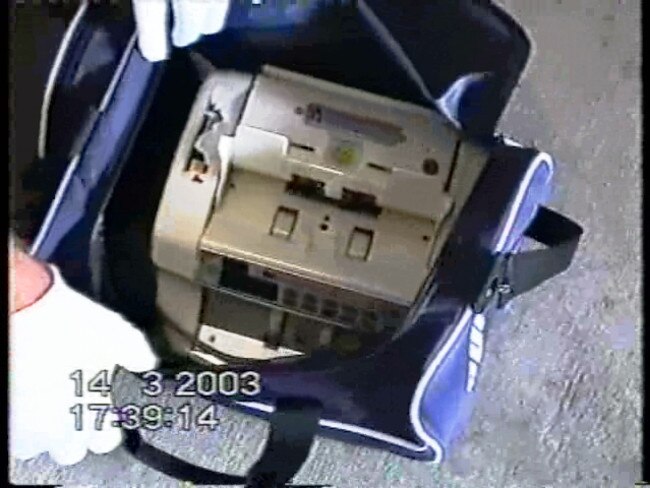
By the time Kinch moved to Australia for the Dutch operation a British intelligence report noted “the suspect is a well documented drugs trafficker historically based in Birmingham area and Portugal. He had been a target for Her Majesty’s Custom and Excise and the National Crime Squad”.
Kinch owned a nightclub in Portugal and would use that country as his base off and on in between his apartment in the Netherlands and rented flat in Sydney. His wealth was considerable and he moved easily between nations and would think nothing of attending cartel meets in Bali and Rio or Dubai and always flew business class.
At the time of his conviction, the AFP had seized his properties and cash worth more than $2 million but, as detectives stated, this was only believed to be the tip and he was suspected of having significant stashes of cash elsewhere.
BAIT-AND-SWITCH

His anonymity in Australia came to a halt when police stumbled across one of his ecstasy hauls. He was arrested and charged but then something strange happened. He told police and the NSW Crime Commission he could work for them to expose the tonnes of drugs that were entering Australia. Police had had numerous seizures where those behind the imports were never found and jumped at the chance of having an insider as a paid informant. All charges against him were dropped.
Kinch’s cartel colleagues were stunned at his fortune after he told them what he was planning next.
“During conversations with Jim he talked about the influence he had,” said one syndicate colleague.
“Jim said that, if for some reason or other we would end up in jail, he knew people who would see to it that we would be released within a short time. He also said that if he had any problems, he had a contact at the local council who had that much influence he would be able to organise anything for Jim. This was the council of Sydney. I also heard that Jim had been arrested in Australia, that Jim had been released on bail after a short time which was unusual as far as that matter was concerned. Furthermore, (associate) said that after his release Jim took the entire file, with regard to all the arrested people in that matter, with him from Australia and then handed it over to the Haklander group.”
His fortune was down to the persuasion of Mark Standen.
DEEP-THROAT
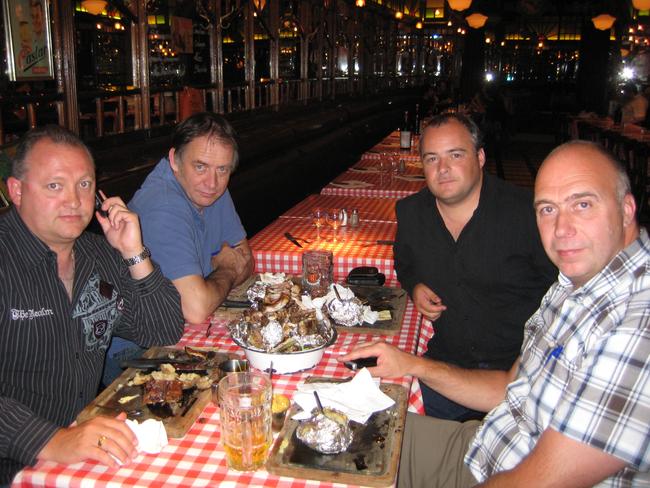
It was Standen who was tasked with running the informant and the pair became closer, too close, almost like brothers both men would later admit, and it was at this point the NSW Crime Commission deputy wondered why he would have to work so hard for his wage when the crims did it so easily.
He admired the cocky Brit and the pair then began to plot a drug shipment of their own.
Back in Holland, Huklander and Dekker were excited to hear they now had an insider in Standen, and not just a police officer which the cartel had a few of already working for them in Holland, but one of the most senior law enforcers in Australia.
Standen they said was to be their “eyes and ears” in Australia as they sought to relaunch their drugs trafficking operations to the continent. It was a fine arrangement.
Standen would mention to Kinch what the latest law enforcement targets were, give them a heads up when the heat was on and even report on intelligence involving rival drug syndicate operations in Australia, in exchange for bags of cash from Kinch.
FADE TO BLACK
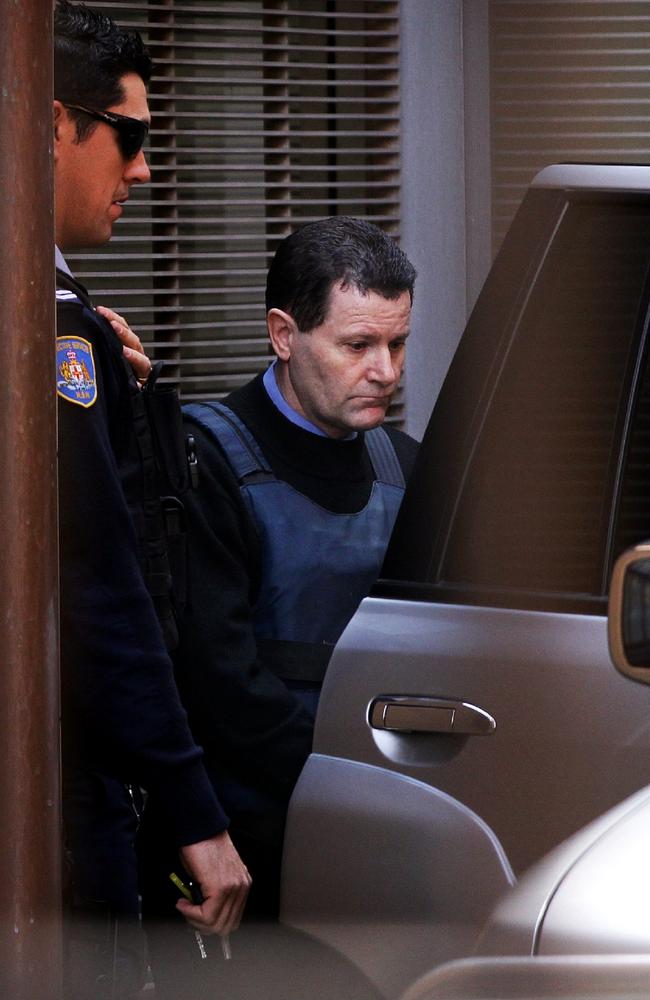
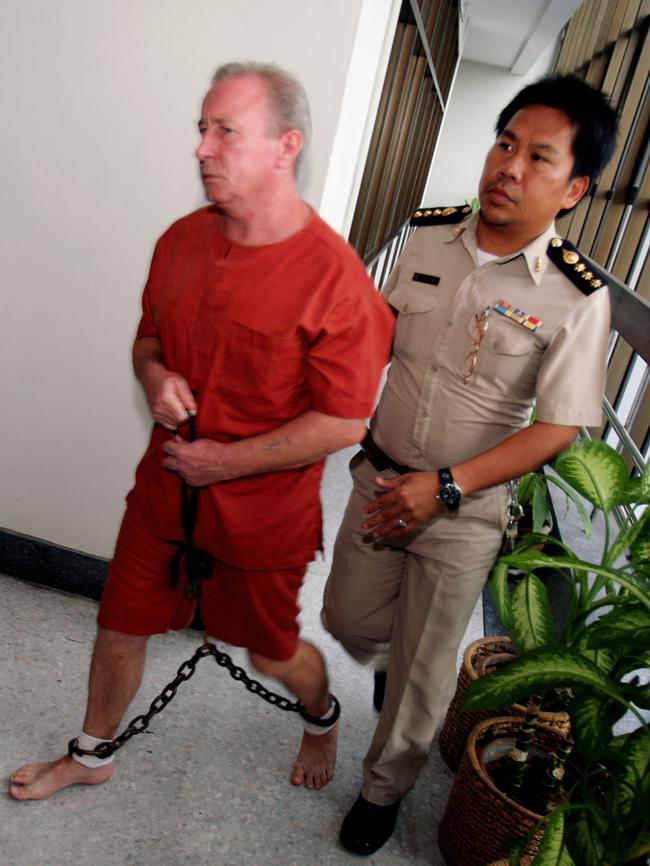
That association would continue until 2008 when Standen was famously arrested following the most extensive and secret internal police investigation in history.
For almost a year the AFP secretly stalked the senior law enforcer to gather evidence of his collusion with the Dutch cartel and particularly Kinch.
Standen was sentenced in August 2011 following a five-month trial and is currently in Long Bay jail solitary confinement for 16 years after being convicted for conspiring to import 300kgs of pseudoephedrine, enough to make $60 million worth of ice, in a consignment of rice.
He appealed his conviction and sentence but was last year denied.
Ironically he and Kinch will now be reunited in Long Bay.
Originally published as How the Australian Federal Police got their man: Ecstasy boss James Kinch

